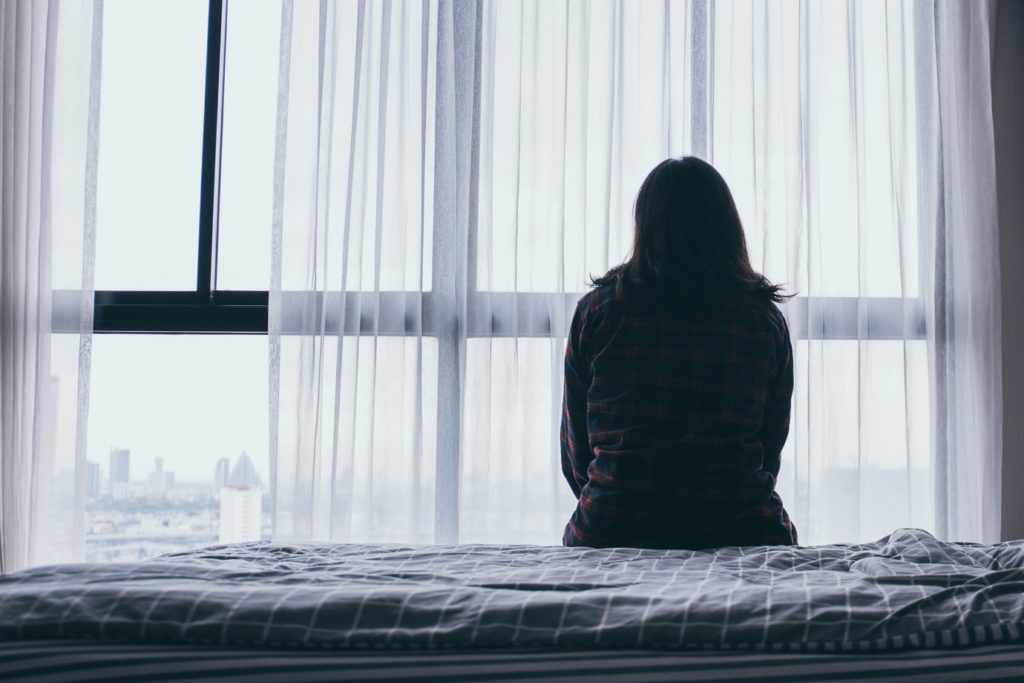Two weeks ago, amid Australia’s worst ever domestic and family violence crisis, Women’s Safety Ministers from across the country met for the fifth time this year.
Domestic violence advocacy groups were hopeful that this could be a turning point, and that we would see some commitment to concrete action in the space to keep women and children safe.
The communique from the August 7 meeting of the Women’s Safety Council has been handed down, leaving advocacy groups crestfallen. The Council, co-chaired by Senator Marise Payne and Senator Anne Rushton, decided no new measures will be taken.
“It’s really quite devastating,” says Hayley Foster, Chief Executive Officer of Women’s Safety NSW.
“We have thousands of women and children at threat needing critical supports and have been quite explicit about the gaps that need to be filled so they can be safe.”
Prior to the meeting, Australia’s leading experts and advocacy groups across the country advised the Morrison government of the dangerous impacts the COVID-19 pandemic is having on victims of domestic and family violence and the action that is urgently needed.
Further, sixty-seven groups jointly signed a letter, written by Australian Violence Against Women Alliance and Fair Agenda, to federal, state and territory governments clearly outlining 5 key actions needed as overwhelming evidence points to the substantial gaps in support systems for victims.
The five actions outlined in the letter included fully funding specialist services that keep women and children safe, putting kids’ safety first in the family law system, ensuring those facing safety risks can be identified and correctly referred to frontline workers, improving AVO standards and ensuring everyone’s calls for help can be heard.
“What we’ve been clear on is that we’re not investing nearly enough in addressing this problem,” says Foster.
“In fact, we’re coming off such a low base level of funding, we actually need to be spending four times as much if we want to ensure victims and abusers across the country have access to services they need whilst also tackling the root causes of the problem.”
The communique of the Women’s Safety Council meeting was delivered during the same week as six months from the violent murder of Hannah Clarke and her three children was marked.
According to the meeting outcomes published on the official COAG’s Women’s Safety Council website, the Ministers acknowledged that the “COVID-19 pandemic has coincided with the onset or escalation of violence and abuse for women”.
They also acknowledged “the devastating situation in Victoria” and offered “messages of support” to people in Stage 3 and Stage 4 restrictions.
The Minsters recognised that across jurisdictions, there has been an “increase in information”, including “seeking and referral-seeking trends, and impact on services over the COVID-19 pandemic period”. Although they said “the extent is difficult to quantify without more data.”
The Women’s Safety Ministers noted “ongoing work in supporting women on temporary visas who are experiencing violence”, but offered no new measures.
Women’s Safety NSW is concerned the quarterly meeting, a rare opportunity to make concrete plans for women’s safety, has been wasted.
“We know that a decision was taken in May for these meetings to move from being monthly to quarterly, so this was a critical opportunity which was sadly missed,” Hayley Foster said.
Foster says the meeting was a continuation of the status quo, at a time when victims of domestic and family violence need more support than ever before.
“There is a lot of concern and commitment being expressed in words, but not a lot of action,” she said.
“What we need now is for governments to come to the table with their ears open and their sleeves rolled up. It’s time to treat this issue with the seriousness it deserves and to get on with implementing the sound, evidence-based policy needed to keep women and their children safe.”


